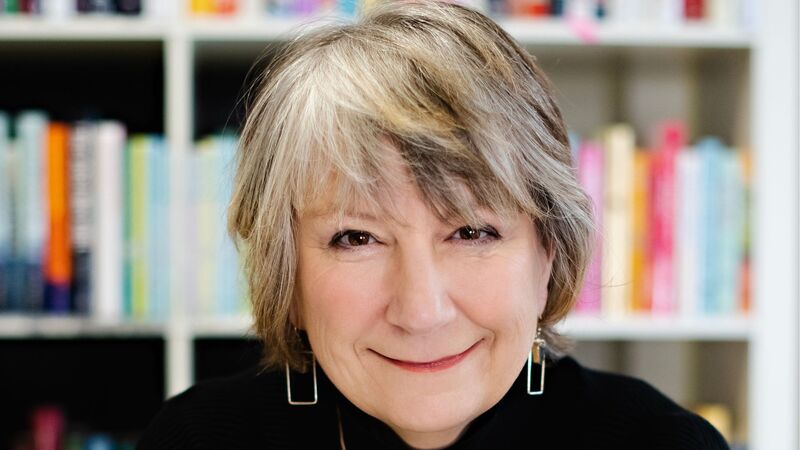You are viewing your 1 free article this month. Login to read more articles.
Bunting for books

This week the Guardian newspaper asked its readers if they should throw away their old books. The provocation was presented by Andy, partner of Sally, who wrote: “Sally needs to learn to throw or give books away, have regular clear-outs and adopt a one-in-one-out policy when buying books. Besides, a book is easy to source again should she change her mind.”
Naturally, Sally is aghast. With just a glancing but important reference to Andy’s shoeboxes full of wires, Sally responds: “He’s now saying that I should adopt a one-in-one-out policy. But I am going to ignore it.” And rightly so. “Who throws away perfectly good books?”
A large part of the entertainment sector has been built around the notion of replacement
From a commercial perspective, Andy’s advice is not terrible, of course. A large part of the entertainment sector has been built around the notion of replacement, with new formats superceding the old ones even as demand for the old content stays the same. And in parts we see this in books through the rapid rise in e-book sales during the first half of the past decade, and today’s burgeoning audiobooks market, where digital brings with it a fresh perspective.
But, in general, that books endure is part of their magic: they sit on shelves, get passed around, and sometimes find themselves back in bookshops looking for other Andys to irritate. They reside in our minds, too, where they nurture, sustain and chastise us in equal measure. We accommodate them not through choice, but out of necessity, wonder and joy. Lighten up and read some more books, is one Guardian reader’s advice to Andy.
For the trade this is the incredible legacy of books that leads to the Jubilee bounce that we reported on earlier this week with bookshops seeing “brisk and rewarding” sales over the long weekend, but also the triumphant return of the Hay Festival as a physical event. We see it too in the resurgence in the schools market, where digital and direct sales continue to complement what bookshops do. “Does she really need to keep her GCSE textbooks?” asks Andy, perhaps naïvely at this point.
The conversation between Andy and Sally is part of a larger one, too. In the “Life-changing Libraries” report that has come out of Children’s Laureate Cressida Cowell’s initiative to showcase the importance of school libraries, the writer and illustrator reminds us that those who read for pleasure are likely to be happier, healthier, to do better at school, to vote and to be more economically successful later in life—all irrespective of background. For one young boy cited in the report, his school library meant: “I don’t have to read the same book, again and again”.
There are, of course, as many different types of reader as there are books, and not everyone needs to hoard their texts to get a pass to the good stuff. We can, too, over-sentimentalise our love of books in this business. But that books take up space in our homes as well as our minds is not just some added extra that can sometimes provide us with wry amusement, it is part of their gift, and the one that keeps on giving.













